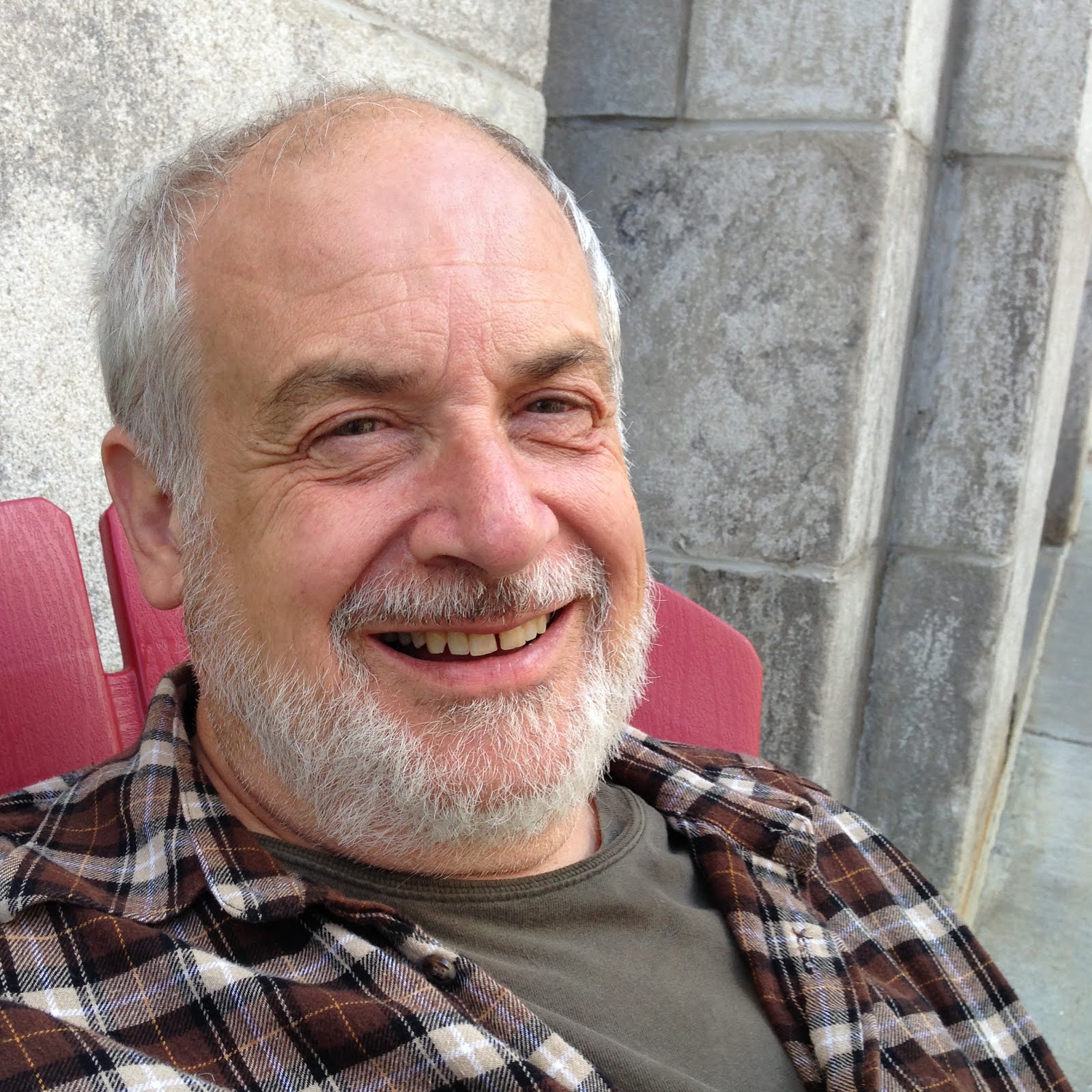Contact: Paul Karoff, pkaroff@amacad.org, 617-576-5043
“Science and the Media” Explores Challenges to Scientific Literacy in U.S.
Essays Published by the American Academy of Arts and Sciences
CAMBRIDGE, Mass. – Scientists and the journalists who cover their research approach their roles from very different perspectives, yet they depend on each other to do their jobs. Science and the Media, a new volume from the American Academy of Arts and Sciences, examines this dynamic though a series of essays by scientists, journalists and public relations specialists.
At a time when the general public depends on the media for information about the scientific or technological components of pressing challenges facing society, such as climate change, energy, national security, and health care, many newspapers are eliminating science sections, and the science beat reporter is an endangered species.
The Academy convened experts to examine the sometimes conflicting cultures of journalists, who value timeliness, speed, simplicity and clarity; and scientists, who grapple with and embrace nuance and evolving states of knowledge. The study was led by Donald Kennedy, President Emeritus of Stanford University and former editor-in-chief of Science Magazine, and Geneva Overholser, director of the University of Southern California’s journalism program.
The authors in Science and the Media find:
- The journalistic tradition of presenting opposing sides of an issue in order to ensure unbiased reporting may actually cloud scientific issues when views that fall outside the mainstream are given equal weight with consensus scientific thinking.
- Adults over age 35 never learned about relatively new areas of science like stem cells, nanotechnology and global warming in school and thus depend on the media for information about such topics.
- Some scientists may shun the media limelight for fear that colleagues trivialize work that is highlighted in the popular media.
- Online science information is a double-edged sword: some sources may be unreliable, yet feedback on blogs allows responsible science journalists to gauge followers’ understanding of issues.
- General education requirements unique to the American higher education system usually require that students study science. As a result, only Sweden has a higher rate of scientific literacy than the United States.
The accumulated facts and observations of the essayists point to the need for scientists, journalists and public relations specialists to become partners in promoting scientific literacy. Contributors to the volume include:
- Donald Kennedy, president emeritus, Stanford University; former commissioner of the U.S. Food and Drug Administration; former editor-in-chief of Science
- Geneva Overholser, USC Annenberg School for Communication & Journalism; former editor of the Des Moines Register
- Alan Alda, actor, writer, director; host of “The Human Spark” on PBS
- Robert Bazell, chief science and health correspondent for NBC News
- Rick E. Borchelt, director of communications for the research, education and economics mission area, U.S. Department of Agriculture
- Cornelia Dean, former New York Times science editor; teacher of seminars on the communication of science
- Alfred Hermida, University of British Columbia Graduate School of Journalism; former news editor, BBC News web site
- Jon D. Miller, Institute for Social Research, University of Michigan
- Cristine Russell, Belfer Center for Science and International Affairs at the Harvard Kennedy School; president of the Council for the Advancement of Science Writing
- William A. Wulf, University of Virginia; president emeritus, National Academy of Engineering
A copy of the volume may be downloaded free of charge at http://amacad.org/

3 comments:
Oh, this AAAS is not that AAAS (aaas.org) that the first author used to work for.
Excuse me going off-topic. I remember I often read a local newsgroup "ut.general" in a certain University of T in late 1980s. I learned that there were at least two more "ut.general" groups in the world whose articles occasionally mixed into ours via cross-posting.
On-topic. I have read the first article by Donald Kennedy to find the same message as MT's two bee stories.
It is lamentable that Japan does not seem to have anything comparable to either of the AAASs. Japan Academy (japan-acad.go.jp) is something like a hall of fame, and the Science Council of Japan (scj.go.jp) is something like a union congress of disciplinary societies. Kagaku (Science in Japanese) is good, but just a magazine edited by a few staff editors and published by a private book publisher.
Post a Comment